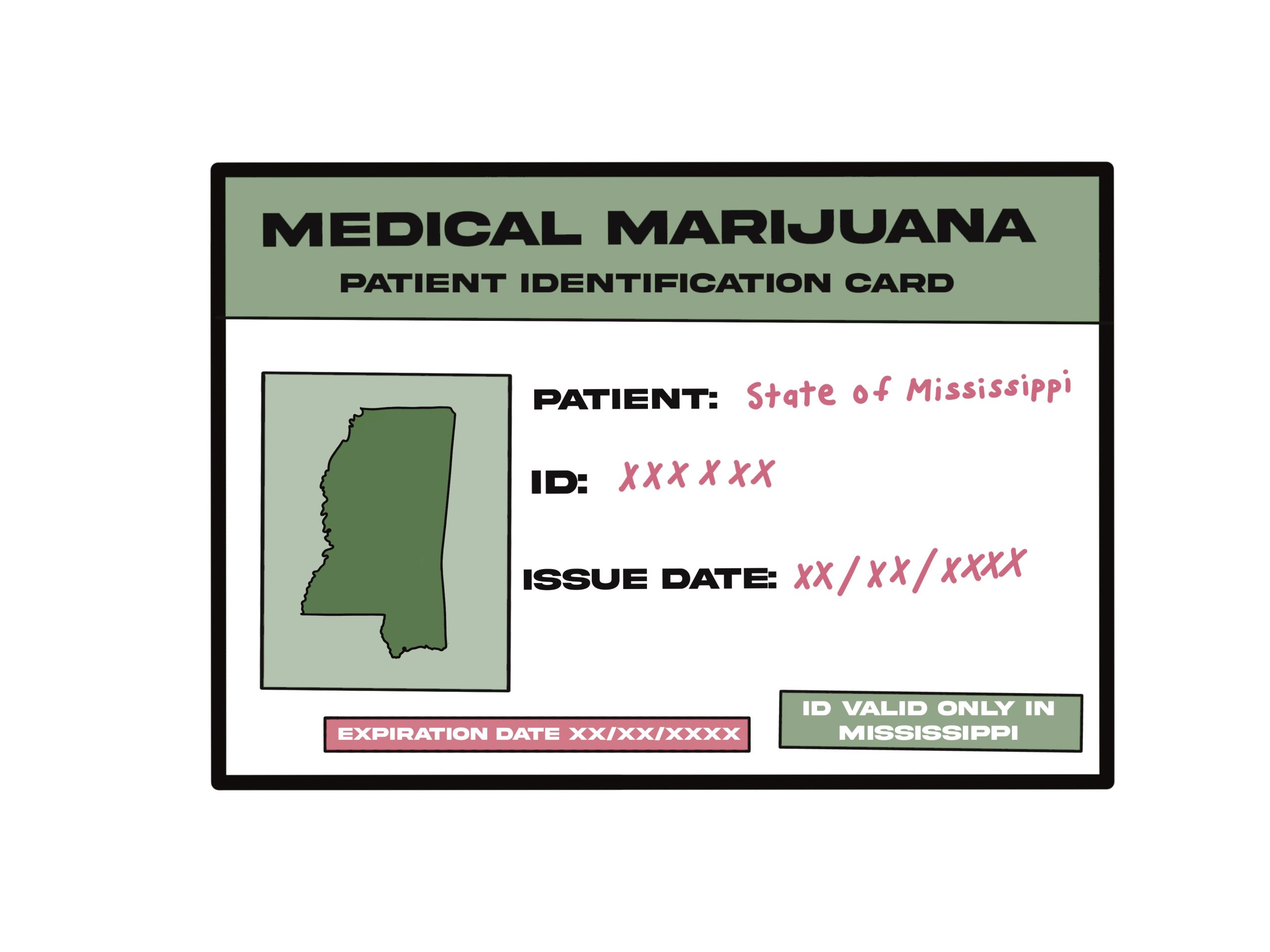In a state where many residents find it challenging to access adequate medical care, the legalization of medical marijuana in Mississippi is an extraordinary development.
Patients suffering from 23 debilitating conditions, including Alzheimer’s disease, cancer, muscular dystrophy, Parkinson’s disease and Sickle cell disease, can now consume medical marijuana for relief from their pain and treatment of their illnesses.
Gov. Tate Reeves signed the medical marijuana bill into law on Feb. 2, 2022, but getting to that moment was a difficult journey.
“We’re really excited about the program being a reality now,” Melvin Robinson III, communications director for the Mississippi Cannabis Trade Association, said earlier this year. “Man, it was a long time coming.”
In the United States, the medical benefits of cannabis have been recognized since the mid-19th century. The United States Pharmacopeia, a book published regularly containing a list of medicinal drugs with their effects and directions for their use, included cannabis for the first time in 1850. To put that into perspective, Mississippi’s oldest university, the University of Mississippi, was established just two years before that in 1848.
The relationship between the United States and cannabis from there forward is a rocky one.
Cannabis was widely used as a patent medicine during the 19th century but was dropped from the Pharmacopeia in 1943 after federal government restriction of cannabis sale and use first occurred in 1937 with the Marihuana (sic) Tax Act. Its use became an even greater point of legal contention with ratification of the Controlled Substances Act of 1970. Cannabis was designated a Schedule I controlled substance with no accepted medicinal use, high abuse potential and concerns for dependence, effectively locking the door and tossing the key on legal marijuana usage.
However, nearly 30 years later, California became the first state to loosen the reins on medical marijuana usage with its 1996 Compassionate Use Act. And since then, particularly within the last decade, numerous state regulations have been amended to include the use of cannabis for both medicinal and adult-recreational use.
Today, medical marijuana remains fully illegal in just four states. The remaining 46 states in our union have legalized marijuana in some way, ranging from Cannabidiol (CBD), a compound found in THC, to full legal use of marijuana in any way for any reason.
The most recent state to fully lift the curtain on medical marijuana use is Mississippi, with the Mississippi Medical Cannabis Act taking effect this year. Though the legislation became law with just a stroke of the governor’s pen, it was a long and arduous road to legalization.

In 2014, Mississippi House Bill 1231, or “Harper Grace’s Law,” legalized the use of processed cannabis plant extract, oil or resin that contains more than 15% of cannabidiol (CBD) and no more than 0.5% THC. For many, this was not enough to alleviate chronic pain or to be used in any recreational sense.
In 2020, a citizen-led movement resulted in the creation of Initiative 65. A ballot initiative is a way for citizens to get the issues that are important to them on the ballot for a statewide vote, and more than 228,000 registered Mississippi voters signed the petition to put medical marijuana on the ballot. The initiative supported medical marijuana treatment for more than 20 qualifying conditions, allowed individuals to possess up to 2.5 ounces of marijuana at one time and allowed medical marijuana sales to be taxed at the current sales tax rate of 7%.
Despite lawmakers muddying the water with a competing initiative by a very similar name — Initiative 65A, which restricted medical marijuana consumption to terminally ill patients and left items such as tax rates and possession limits to be set by the legislature — Initiative 65 prevailed. In November 2020, 74% of Mississippians who went to the polls voted yes to amending the Mississippi Constitution to allow qualified patients with debilitating medical conditions to use marijuana. Only 26% percent of voters voted yes to Initiative 65A.
It was a monumental victory and demonstrative of the fact that lawmakers in Mississippi had been ignoring what the state’s population wanted for a long time. However, the following year, the Mississippi Supreme Court in a controversial 6-3 decision voted to strike down this particular initiative vote and the ballot initiative process as a whole. At the time, the Mississippi Constitution stipulated that for a ballot initiative to be considered, it must have signatures from residents of all five congressional districts. The issue was that, due to federally mandated redistricting proportionate to population size, Mississippi’s congressional delegation had been reduced to only four districts since the turn of the millennium. With the ballot initiative dead, it looked like the medical marijuana movement in Mississippi was back to square one.
Many Mississippians feared this was a thinly veiled attempt to stop medical cannabis in Mississippi before it had even begun. The state legislature had blocked more than 20 bills that would have created a medical marijuana program over the previous 10 years.
Angie Calhoun, founder of the Mississippi Cannabis Patients Alliance and mother of a son with an illness treatable with medical cannabis, told Mississippi Today at the time, “In addition to silencing the votes of three-fourths of the state, today the Supreme Court squashed the hope of thousands of patients like my son, who will now not be able to find relief through medical marijuana. As a mother of a patient, I am heartbroken and outraged that this was allowed to happen.”
But after a loud public outcry, lawmakers broke expectations and scrambled to adjust and craft a bill that would work.
In January 2022, Senate Bill 2095, authored by 10 senators, was introduced to the Mississippi Legislature. It had many of the same stipulations as Initiative 65, and in less than a month and with overwhelming support from the Legislature (46-4 in the Senate and 103-13 in the House) the bill became law.
Sen. Kevin Blackwell of Southaven, sponsor of Senate Bill 2095, summed it up when presenting the legislation to his colleagues in the state Capitol:
“There are a lot of sick folks out there that this is going to help, and there are a lot of people that have been waiting a long time.”


























